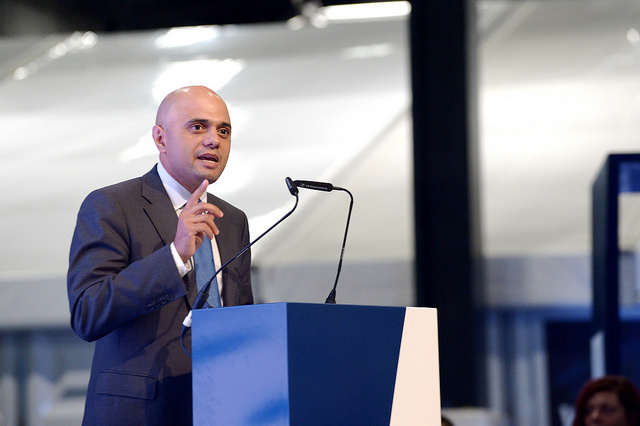Home Secretary Sajid Javid has taken away the British citizenship of teenager and ‘ISIS bride’ Shamima Begum.
Four years ago a 15-year-old British child ran away from her lifelong home in East London to join the murderous jihadi group ISIS. Shamima Begum was married to a Dutch ISIS fighter (currently imprisoned), had three children (two of whom died) and now wants to return to the UK with her baby to “settle back again and rehabilitate and that stuff”. But lots of Brits are against that plan, including Home Secretary Sajid Javid, who has taken away her British citizenship.
Whether governments should have the power to remove our nationality is hotly debated. When we are shut out of a country, we are often shut out of its economy too. Nationality is what gives Brits the automatic right to hold a job in the UK, buy or rent property there, use free public services such as hospitals and schools and receive welfare - including a pension - from the government. And British people get other economic protections through British laws and regulations, such as a minimum wage, paid holiday allowances, maternity leave and so on.
Without a nationality, people could end up without the right to live or work anywhere. That’s why the United Nations has ruled that nobody can be deprived of their nationalityunless they have another one to fall back on. (The UK voluntarily agrees to follow UN rules.) Javid says Begum qualifies for Bangladeshi citizenship. But Bangladesh says she doesn’t, which might mean Begum keeps her British citizenship after all. Economics and human rights can sometimes be closely linked.
Read our explainer on: economic communities.

